Let me start by saying, I’m not suggesting you have to read these books to be a writer This is just a group of books that had an impact on my development as a writer, so I want to share them in case they help anyone else out too. And I’m keen to know what books you think other writers should read as well – let me know in the comments at the end!
1) Jane Austen, a Biography by Claire Tomalin
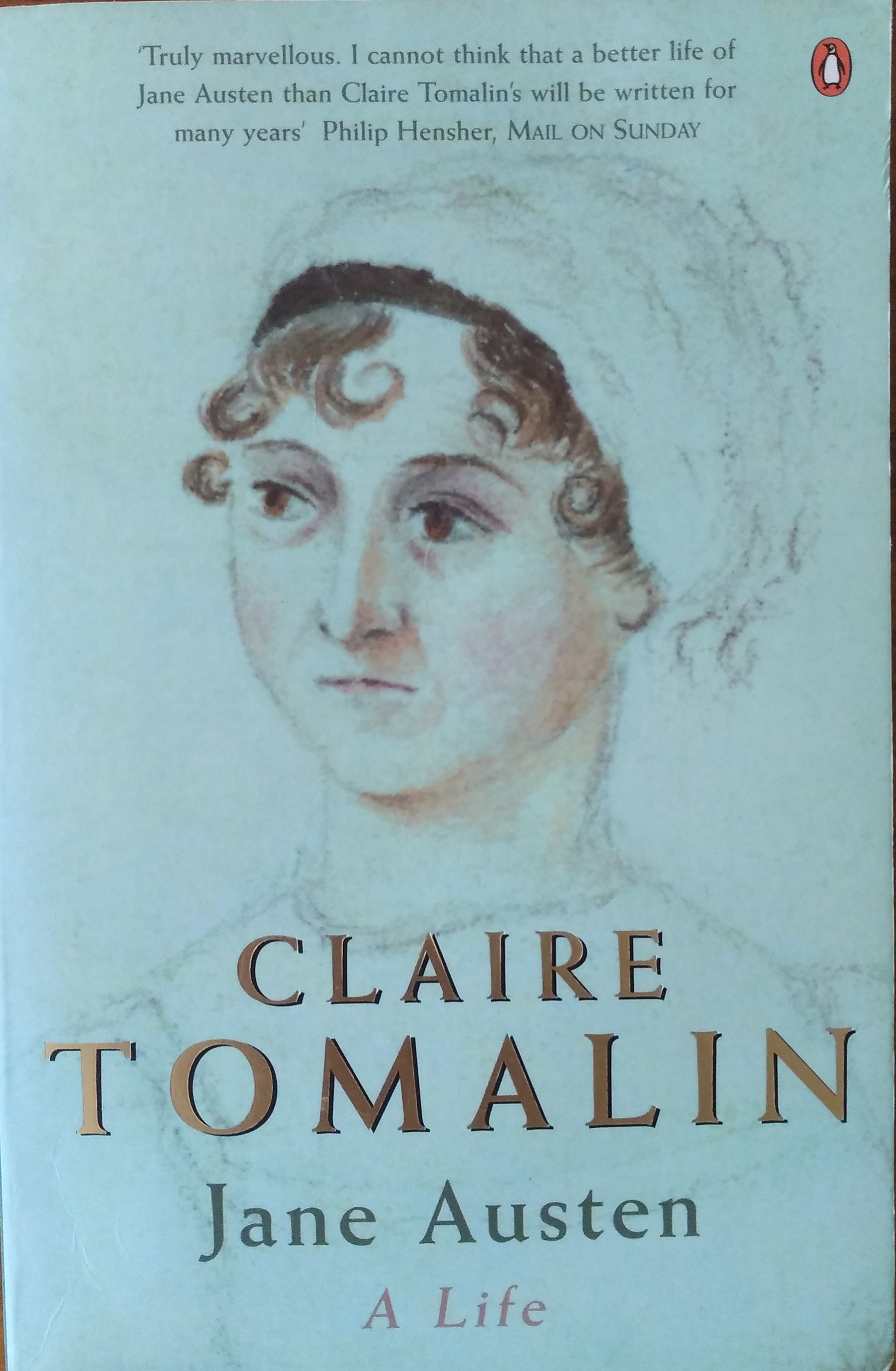
Jane Austen is my top “classic” writer. She also lived most of her life in Hampshire where I’m from, which adds an extra connection. But Austen the person is elusive. She didn’t keep a diary and most of her letters were destroyed after she died. Claire Tomalin is a master of biographies however so her book is as full a picture as you’re likely to get. It also shows you don’t have to be rich, lead a fantastically exciting life, or be published at twenty to be successful.
2) Alice in Wonderland by Lewis Carroll
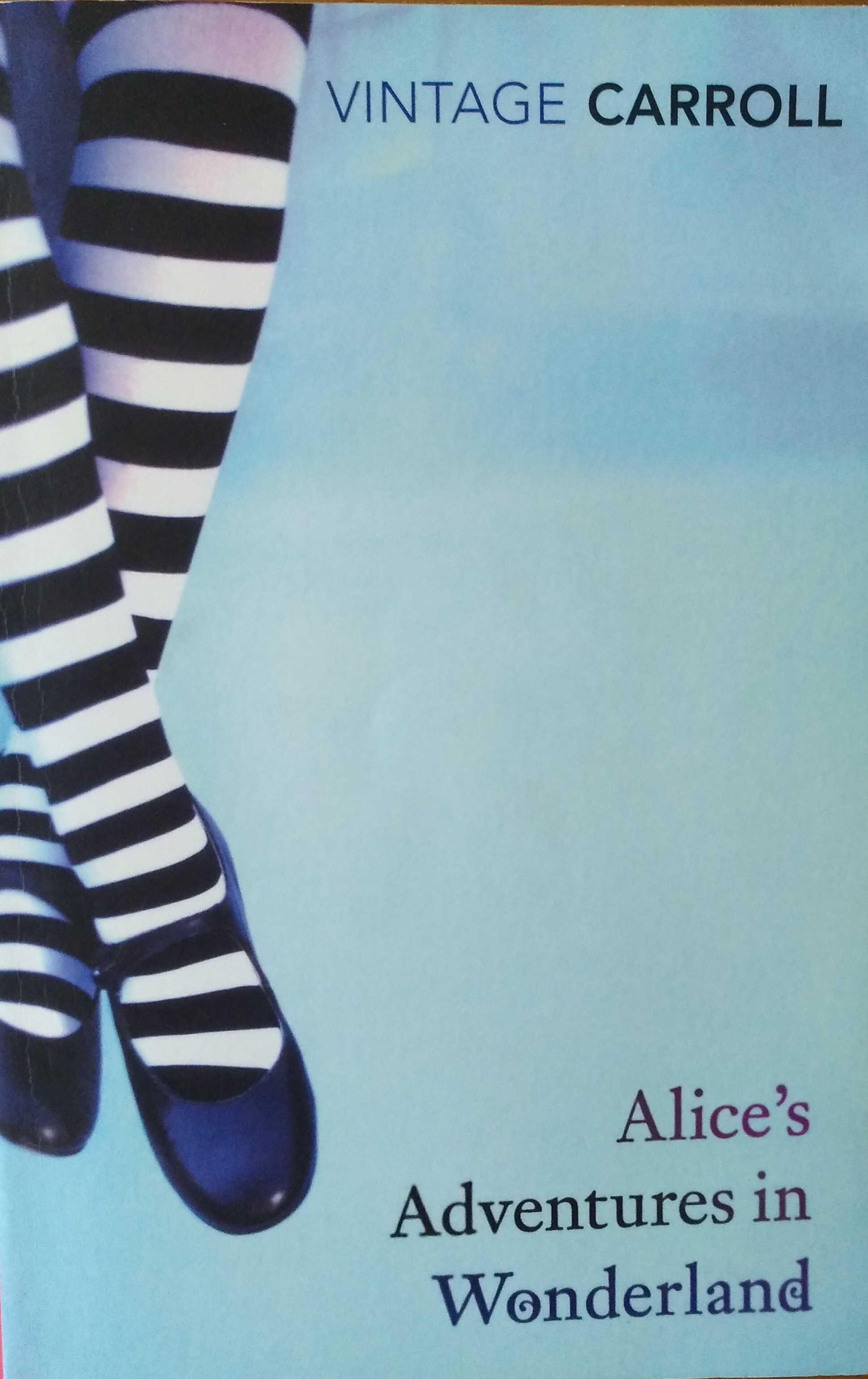 This is my favourite book – but that doesn’t mean it’s the best written or has the most compelling plot or well-rounded characters. But I’d suggest everyone read this simply because it shows how far you can stretch your imagination. There are no boundaries it what Carroll created, no rules and certainly no logic. Playing cards paint roses, babies turn into pigs, and it’s perfectly fine to be big, small and somewhere in between. Even if you’re not interested in writing fantasy, this book is a good reminder that it’s ok to colour outside the lines.
This is my favourite book – but that doesn’t mean it’s the best written or has the most compelling plot or well-rounded characters. But I’d suggest everyone read this simply because it shows how far you can stretch your imagination. There are no boundaries it what Carroll created, no rules and certainly no logic. Playing cards paint roses, babies turn into pigs, and it’s perfectly fine to be big, small and somewhere in between. Even if you’re not interested in writing fantasy, this book is a good reminder that it’s ok to colour outside the lines.
3) Wild by Cheryl Strayed
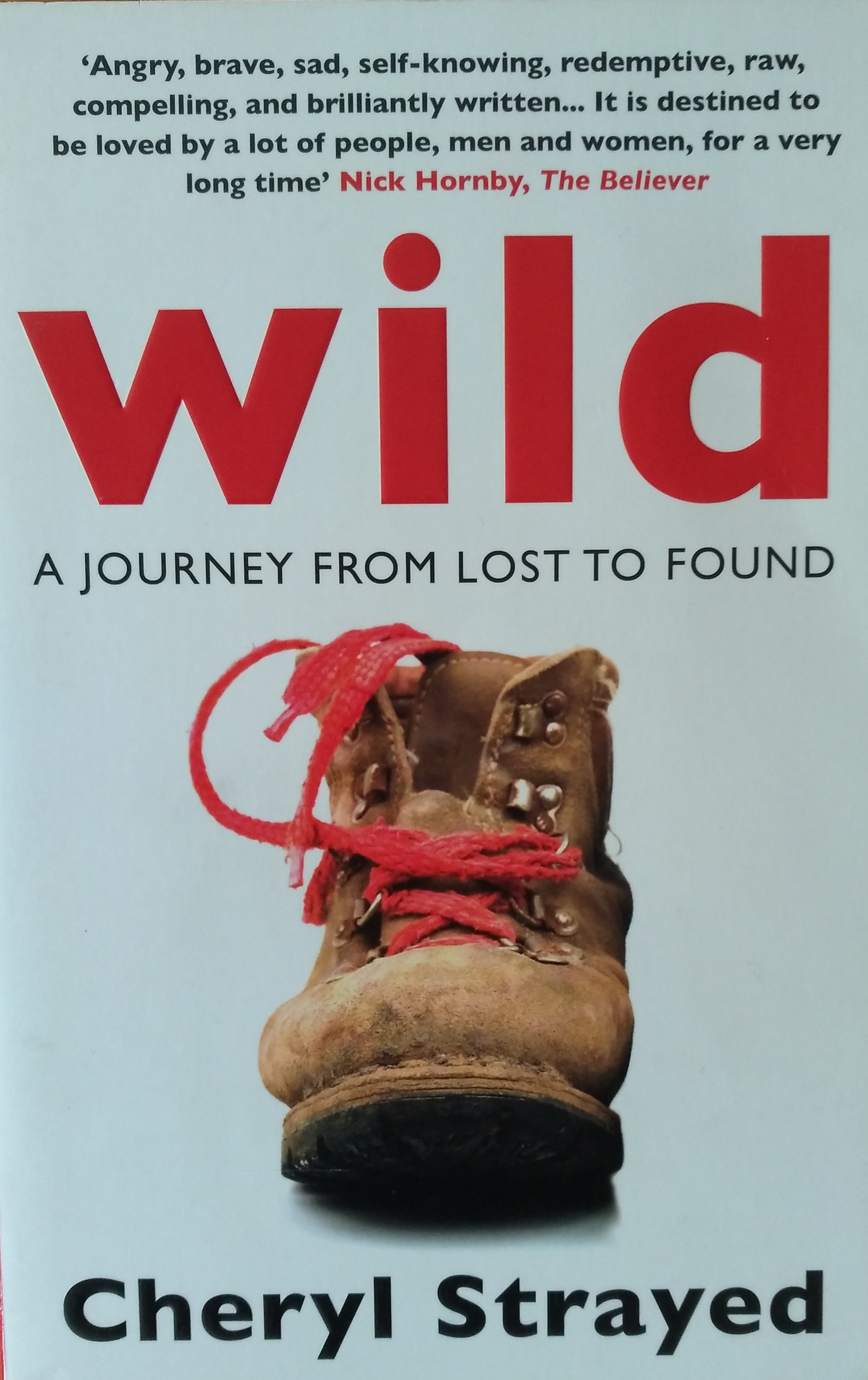 This is the only “my-life-of-adversity” book I’ve ever managed to read and also want to re-read again. Strayed’s story is richly detailed, deftly weaving her walk of the Pacific Coast Trail with her childhood and Mothers death. She’s up-front about her bad decisions and their impact on her life. It doesn’t bash you over the head with “inspiring” platitudes, but it is uplifting in a low-key way. And the way the book moves between the walk and Strayed’s past is extremely well done, a key skill for fiction and non-fiction writers alike.
This is the only “my-life-of-adversity” book I’ve ever managed to read and also want to re-read again. Strayed’s story is richly detailed, deftly weaving her walk of the Pacific Coast Trail with her childhood and Mothers death. She’s up-front about her bad decisions and their impact on her life. It doesn’t bash you over the head with “inspiring” platitudes, but it is uplifting in a low-key way. And the way the book moves between the walk and Strayed’s past is extremely well done, a key skill for fiction and non-fiction writers alike.
4) Colour Library Book of Great British Writers
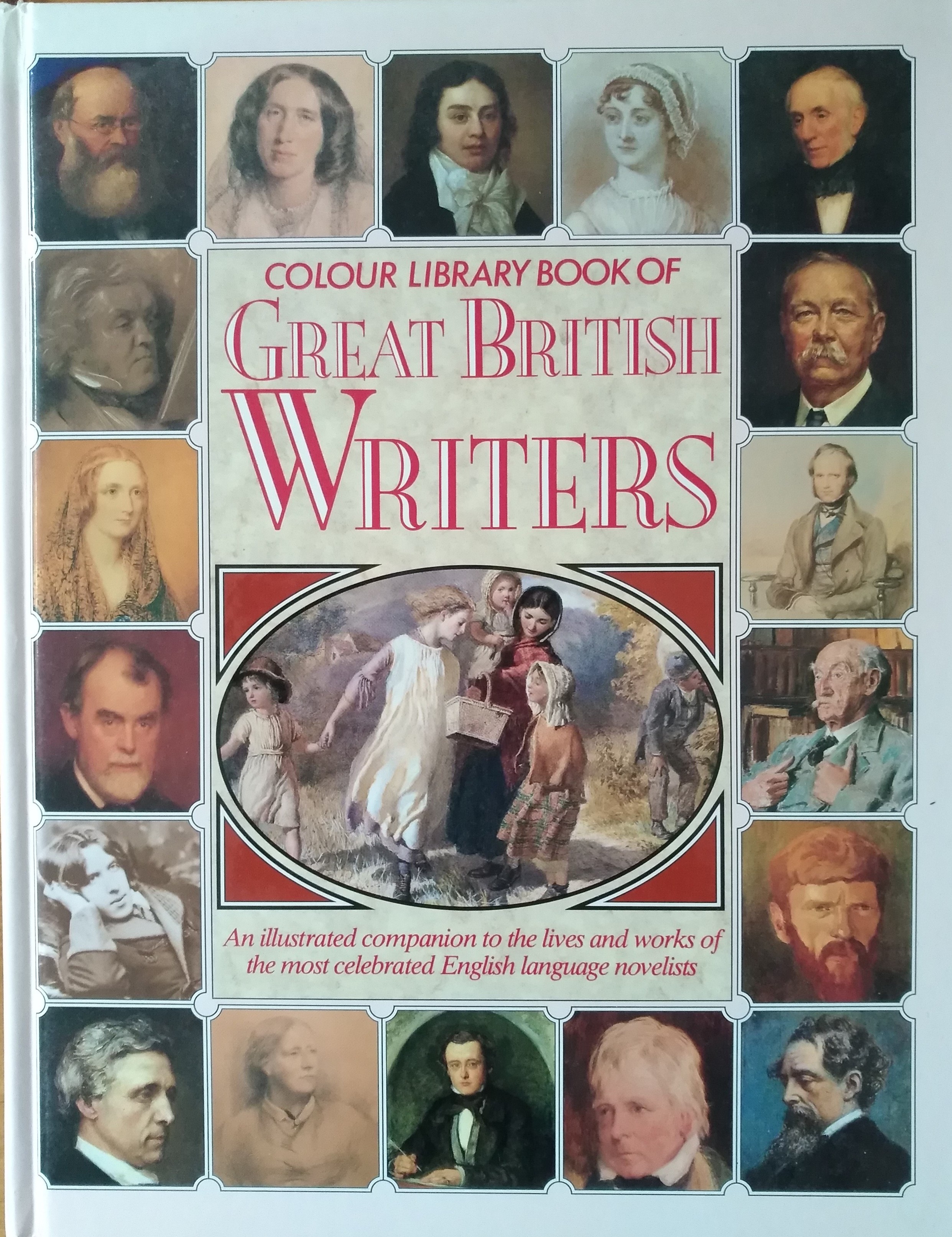 Okay, so this book looks like something you’d find in a garden centre book shop. And when I found it in my parent’s bookshelves, I had no idea how much I’d love it. At thirteen, I knew some of the writers already but others I had no clue about. And as I learned about their lives and the eras they lived in, I was completely inspired by the idea that I could, maybe, perhaps, possibly, be one of them. I wouldn’t say you have to get this particular book (it’s a pain to read in the bath) but I definitely recommend any books like this. They’ll introduce you to authors you may never have heard of, and help to explain what shaped them into the writers they became.
Okay, so this book looks like something you’d find in a garden centre book shop. And when I found it in my parent’s bookshelves, I had no idea how much I’d love it. At thirteen, I knew some of the writers already but others I had no clue about. And as I learned about their lives and the eras they lived in, I was completely inspired by the idea that I could, maybe, perhaps, possibly, be one of them. I wouldn’t say you have to get this particular book (it’s a pain to read in the bath) but I definitely recommend any books like this. They’ll introduce you to authors you may never have heard of, and help to explain what shaped them into the writers they became.
5) The Mabinogion
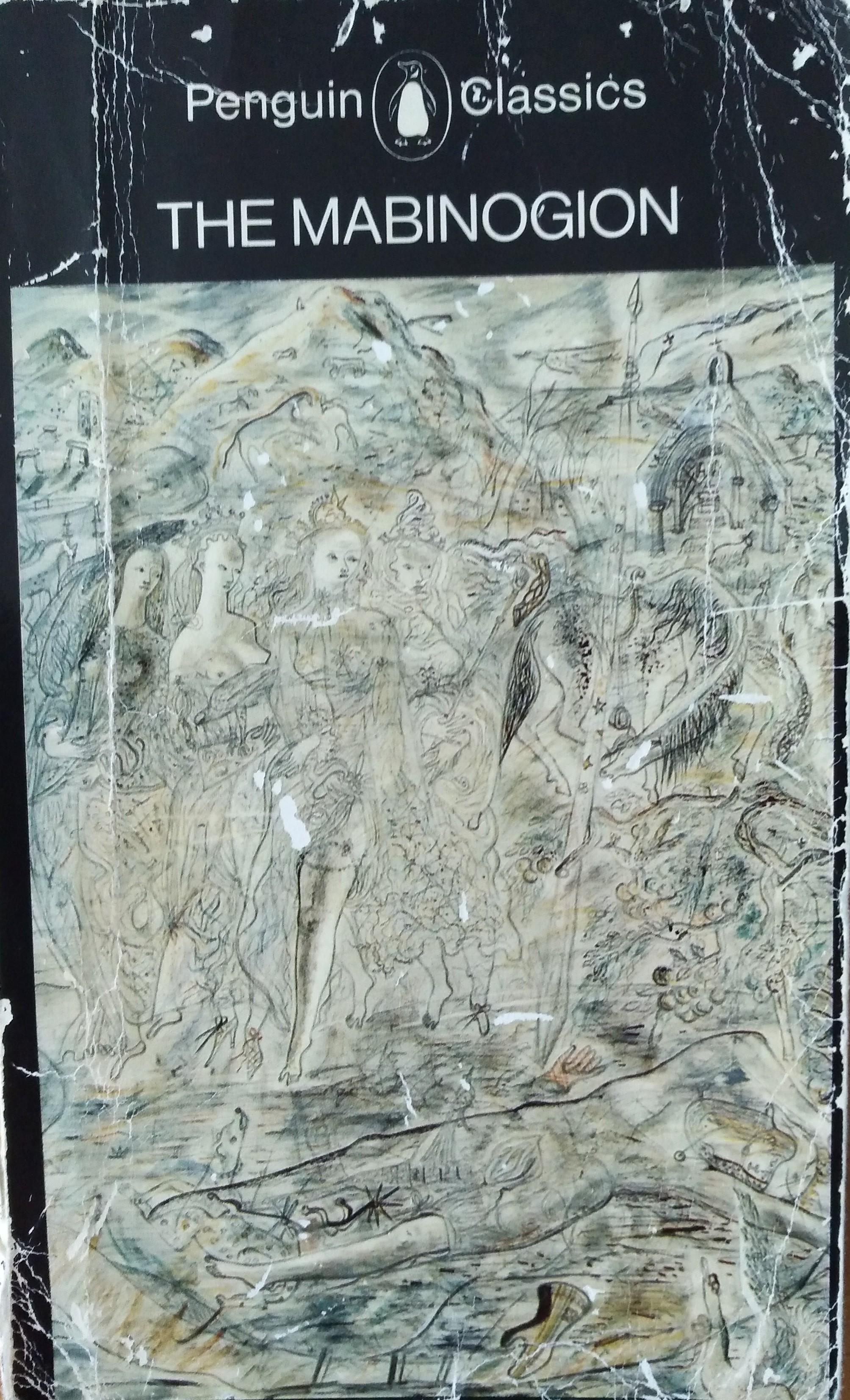 I’m half Welsh, so the folk tales of “The Mabinogion” have a particular appeal for me. The stories themselves can be found in various forms across other European cultures, repeating themes and re-using characters. They’re not especially well-written, stemming from an oral tradition and can occasionally get muddled. But I think all writers should get acquainted with early forms of storytelling.
I’m half Welsh, so the folk tales of “The Mabinogion” have a particular appeal for me. The stories themselves can be found in various forms across other European cultures, repeating themes and re-using characters. They’re not especially well-written, stemming from an oral tradition and can occasionally get muddled. But I think all writers should get acquainted with early forms of storytelling.
6) The Elements of Style by William Strunk JR and E.B. White
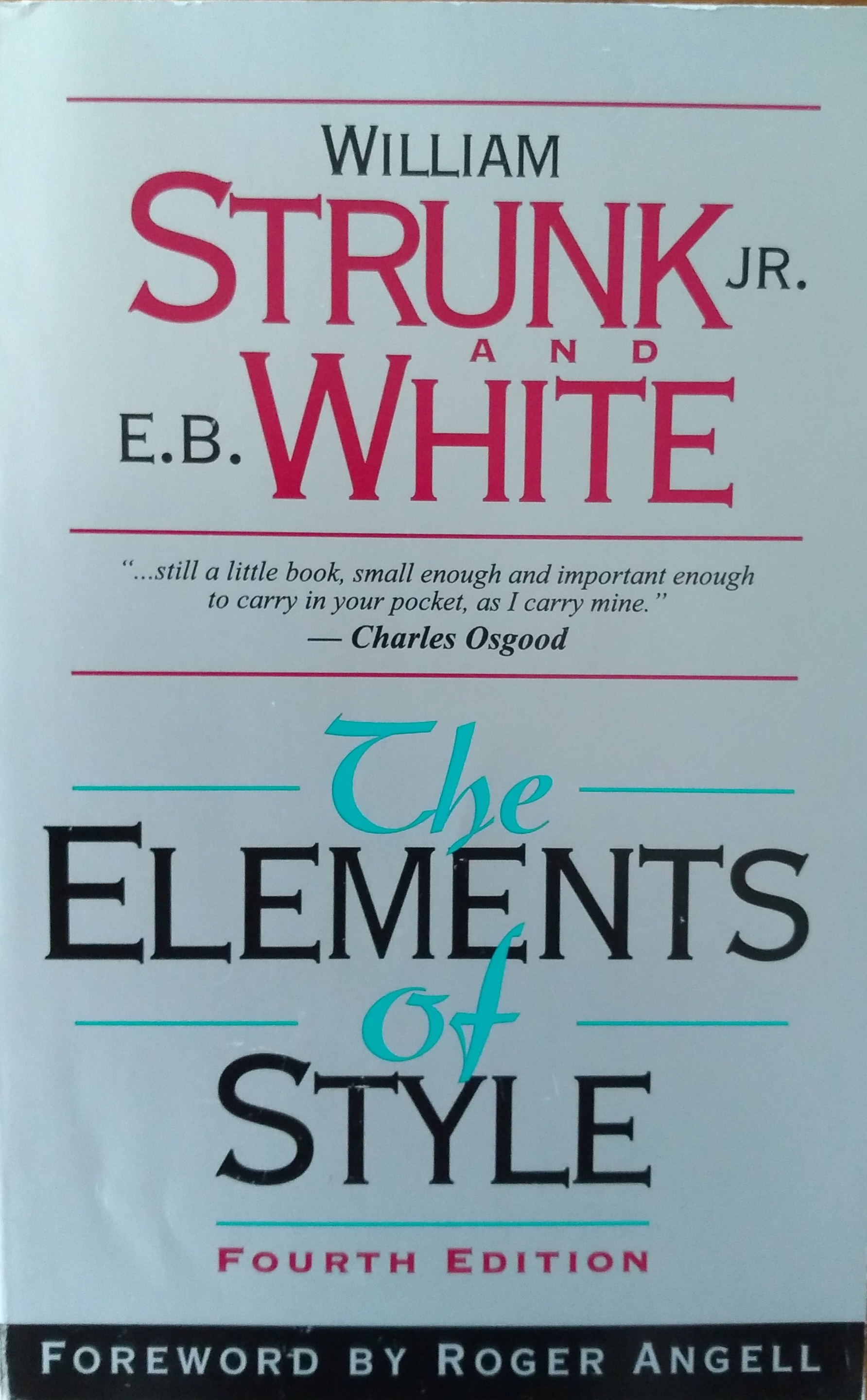 This is the classic how-to books for writers. I’ve done an in-depth look at it already but I really think it’s an essential piece of kit. It’s small, portable and easy to refer to. If you’re a writer of anything, I would recommend this whole-heartedly.
This is the classic how-to books for writers. I’ve done an in-depth look at it already but I really think it’s an essential piece of kit. It’s small, portable and easy to refer to. If you’re a writer of anything, I would recommend this whole-heartedly.
7) Quiet: The Power of Introverts in a World that Can’t Stop Talking by Susan Cain
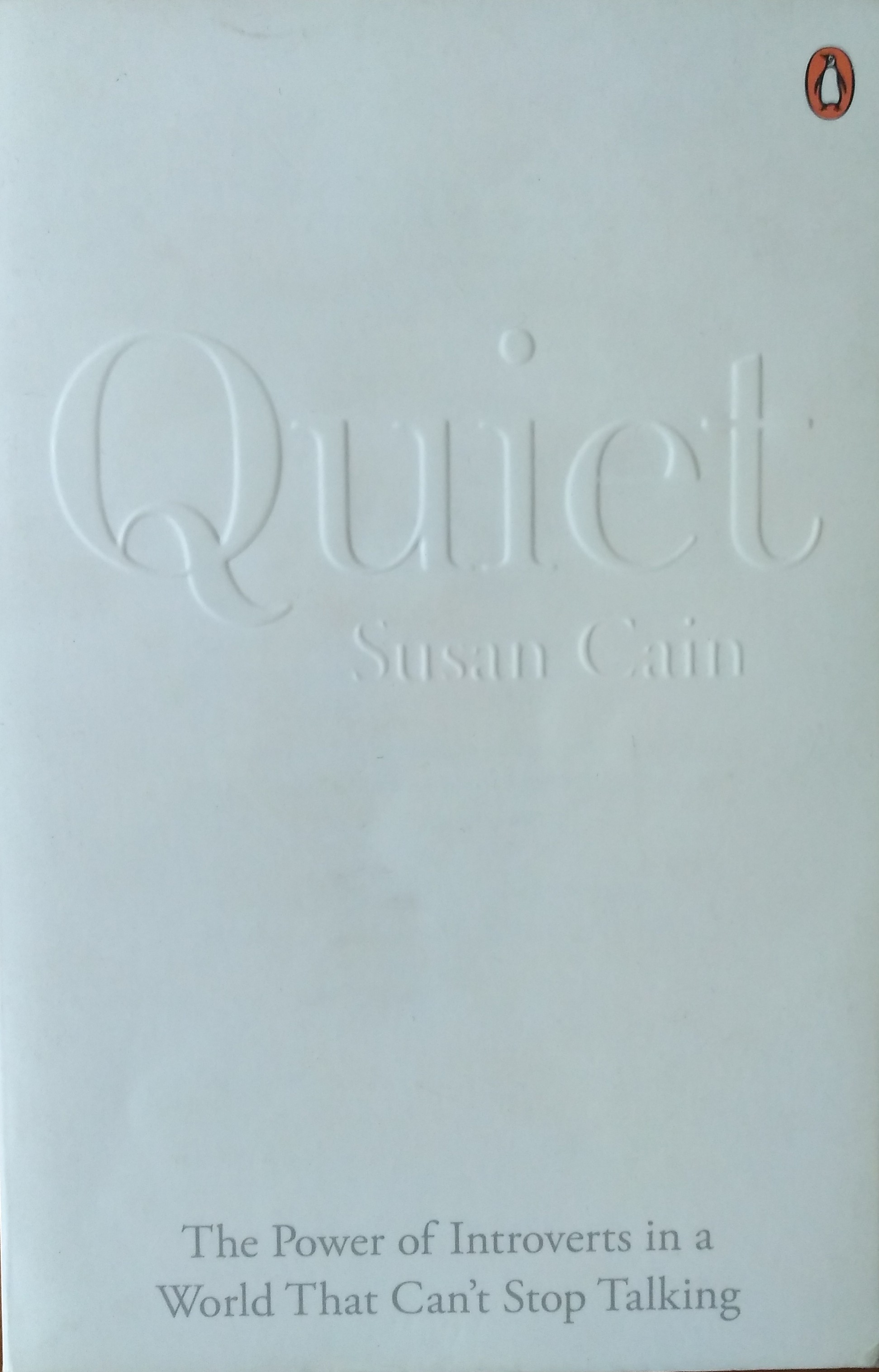 Most writers are introverts or at least lean more towards the introverted side of things. Society, or at least the one we live in today, tends to be geared towards extroverts, leaving those of us who aren’t feeling like there’s something wrong with our natural state. A lot of ‘self-help’ books focus on turning people into extroverts to succeed, claiming that what we’re lacking is confidence. Cain’s book on the other hand, argues there’s nothing wrong with introversion, that it’s necessary to have people on both sides as it were. After years of feeling like I’d missed out on a how-to-be-human handbook, I finally understood I just needed to start thinking differently about how I, well, thought. If you’ve ever felt the same, I absolutely recommend this book.
Most writers are introverts or at least lean more towards the introverted side of things. Society, or at least the one we live in today, tends to be geared towards extroverts, leaving those of us who aren’t feeling like there’s something wrong with our natural state. A lot of ‘self-help’ books focus on turning people into extroverts to succeed, claiming that what we’re lacking is confidence. Cain’s book on the other hand, argues there’s nothing wrong with introversion, that it’s necessary to have people on both sides as it were. After years of feeling like I’d missed out on a how-to-be-human handbook, I finally understood I just needed to start thinking differently about how I, well, thought. If you’ve ever felt the same, I absolutely recommend this book.
So that’s my six – what are yours? Let me know or just leave a comment if you enjoyed this post!


11/08/2019 at 6:47 PM
Nice information
11/08/2019 at 7:30 PM
Great list and not the usual books you find on these. Strunk and White is an absolute must for me. So much information in such a small volume!
12/08/2019 at 7:56 PM
Thanks! Yes indeed the book itself is an encapsulation of all the advice contained within it!